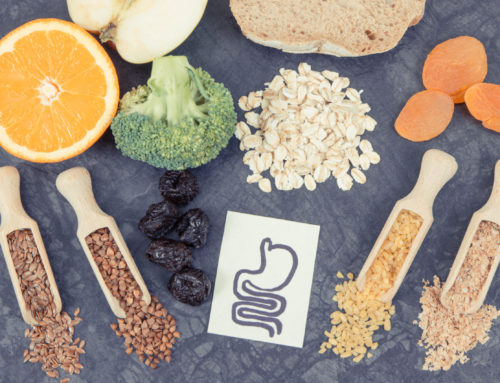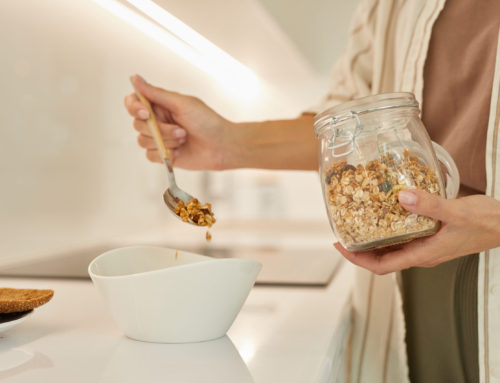Do you or someone you know have a child who takes our tonic herbs?
This is a question I frequently get asked about:
“Are tonic herbs safe for my kids to use?”
It’s a sensitive topic, and many novice practitioners who don’t have much experience working with children know that using tonic herbs can help in many cases, but aren’t confident enough to prescribe an herbal routine to a child.
Today, I’d like to share my knowledge on the subject.
As you already know, human bodies aren’t fully developed until they reach maturity at around 18 years old, and in the process of growing up, their internal balance can be quite sensitive. I would recommend you speak with their primary care provider prior to letting kids use tonic herbs.
I would also be happy to schedule a free consultation with you to discuss your child’s specific needs before making any decisions. Use this link to book an appointment.
When it comes to the use of Classical Chinese Medicine, dosage and safety are some of the most important considerations to make, especially when it comes to youth.
Here are two main guidelines to follow:
-
Weight, Age, and Dosage
Below, you’ll find two tables that outline the healthy recommended dosage of herbs for a child based on their age or weight.
The chart below appears in John Chen’s Chinese Medical Herbology and Pharmacology, which he created from calculations based on Clark’s Rule in Pharmaceutical Calculations, written by Michell Stoklosa and Howard Ansel.


The age-to-dose table determines approximately how mature their organs should be developed, and serves to estimate their bodies ability to absorb and utilize these herbs.
For kids who fall out of the typical weight range for their age, the weight-to-dose table will provide a better estimation for healthy dosages.
However, it’s important to remember that these are just estimates. Some with a greater constitution may be able to take a larger dose, while those who are experiencing deficiency may require lighter treatment.
Every individual’s situation is unique, and these factors should be taken into account before making a decision.
-
How parents should administer tonic herbs
Children can be picky, getting upset over the tiniest things when it comes to what they eat. Sometimes it’s the flavor that’s an issue, and others, the texture.
This can make it rather difficult to convince a child to take their tonics consistently enough to experience the real benefits.
Luckily, herbs can come in many different forms, and many formulas can actually taste rather good! They can also be masked easily enough by stronger flavors.
The trick is to find the method that your child prefers most.
Some kids in their teens may prefer swallowing a tablet without issue, whereas some ‘little tykes’ may need you to mix it in with their food or drinks.
Extract powders are extremely useful in this regard, since they dissolve easily in warm water, and can be included in a drink or snack that your child already loves.
Let’s use these guidelines in a hypothetical example:
Timothy’s a 9 year old boy of healthy weight for his age and height, but he doesn’t have much energy to play with his friends, even though it’s the final few days of Summer vacation!
Additionally, his mother is worried that with school starting back up soon, he may be at risk of getting sick if Timothy doesn’t have the energy to build a strong immune system.
When energy and immune function need to be supported, Astragalus is one of my top recommendations!
This herb is available in capsule and powder form, but since Timothy doesn’t like the feeling of swallowing pills, we’ll start by adding some extract powder to his favorite applesauce every day.
Now, if we look at the standard adult dosage for Astragalus, it’s recommended that you take 2g (~1tsp) two times a day.
For Timothy however, we’ll want to reference the age chart.
At 9 years old, with a healthy weight and no existing medical conditions, it would make sense for Timothy to be given half of the regular dosage, starting with taking it once a day to see how it makes him feel.
That’s all there is to it!
Astragalus is a Qi tonic in Classical Chinese Medicine, supporting the Lungs and Spleen to maximize the energy you cultivate from your diet and breathing, encourage healthy digestion, and promote your natural immune function.
These reasons are why Astragalus is considered to be one of the most important tonic herbs for nurturing longevity.
I hope this information will help guide you to make healthy and safe decisions when it comes to the providing tonic herbs to youth and children.
If you had any questions, my team and I would be happy to help. Set up a complementary 15 minute consultation by using this link.
Be well,
Dr. George







